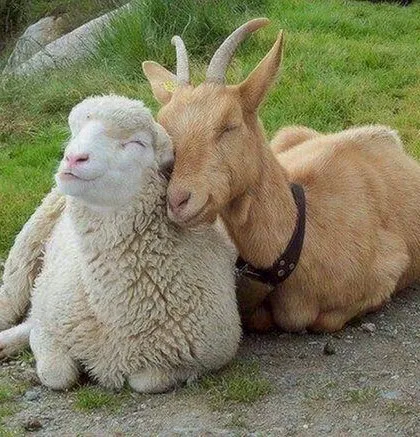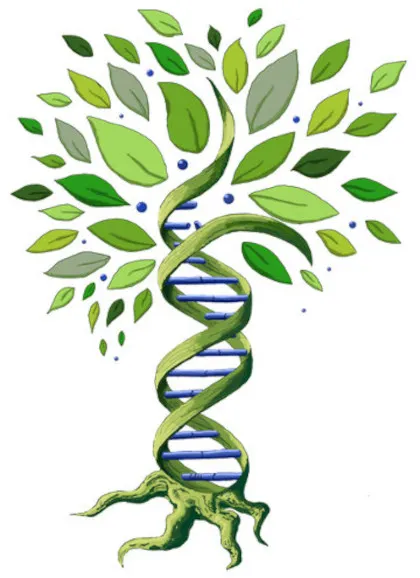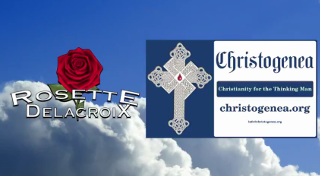On the Gospel of John, Part 35: Empathy and Altruism

On the Gospel of John, Part 35: Empathy and Altruism
In our last presentation from John chapter 13, which was Part 34 of our commentary on this gospel, we spoke of the intrinsic character which all people possess, even comparing it to the structure of a water molecule and the natural behavior of its basic components, the hydrogen and oxygen atoms which make its creation possible. In one place in that presentation I said “This may seem to be conjecture, but every man has an inherent nature, and often, contrary to that nature, every man is conditioned by society to behave in a certain manner. But eventually, when confronted with an appropriate situation, it is a man’s intrinsic character which will surface and take control of his actions and determine his fate.” There I went on to use Peter’s description of the fate of Lot as an example.
The children of God are called sheep for good reason, as they are generally docile and follow along with the flock wherever they are led. The proof of that statement is easily verified in the transformation of Western society over the past few decades. Until recently, sodomites and miscegenators were the outcasts of society, and in many places, laws had prohibited both acts. Now these sins are not only publicly acceptable, but they are even publicly applauded and those who commit them are admired rather than scorned. Thus we read in Jeremiah chapter 50: “6 My people hath been lost sheep: their shepherds have caused them to go astray, they have turned them away on the mountains: they have gone from mountain to hill, they have forgotten their restingplace.”









 Please click here for our mailing list sign-up page.
Please click here for our mailing list sign-up page.








Recent comments